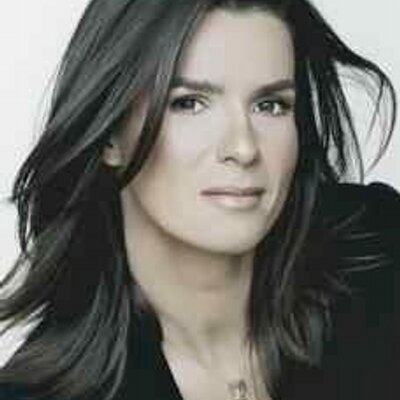

And once I started thinking about ‘doing’ methodology, I found Allaine Cerwonka and Lisa H. I read Decolonising Intervention while it was still a PhD thesis-I analysed it for an assignment in the first year of my PhD and it provided the crucial scaffolding for a methodology that centres on the subjects of intervention. I discovered The Will to Improve through an anthropologist friend at CEU and it helped me both understand why I am attracted to concepts like governmentality and intervention, but also what their limitations can be-or that they can have limitations in the first place.

My thinking around intervention and governmentality has been shaped by Meera Sabaratnam’s Decolonising Intervention and Tania Murray Li’s The Will to Improve.

In terms of authors and particular works, there are truly too many within and outside of IR to note. Of course, this was combined with extremely supportive supervision by Milja Kurki who pushed me to connect my empirical work to ‘big’ questions, and this thinking ‘across scales’ is something that I always hope to capture in writing. For this, I really have my colleagues at the Department of International Politics at Aberystwyth University to thank-we had a great PhD community and they both challenged and expanded my way of thinking. I think this shaped not only my research, but also my teaching and ‘doing academia’ in general. This kind of introduction was quite a privilege: it ensured that I rarely felt like I have to conform to ‘mainstream’ IR, and it made me curious, rather than defensive.Īt Aberystwyth University, and the UK in general, I was exposed to more sustained study of postcolonialism and then decolonial thought. At CEU, I was also exposed to a particular-I would say critical or heterodox-reading of the discipline through both IR theory and statebuilding courses taught by Xymena Kurowska. Moreover, she convinced me to travel and do fieldwork, something that has shaped all my future work. (The non-exciting reason for me being there was that I wanted to study social science, and after undergraduate studies in economics and business, I thought international politics are my best bet for a scholarship.) While at CEU, my MA supervisor, Emel Akçalı, encouraged me to study what I would now call ‘social transformations’-this gave me the vocabulary for a critique of (South-)East European ‘transition’ that I only intuited until then. I came to social sciences and IR during my MA at Central European University. I think ‘influence’ is always a combination of different factors brought together in particular places, in this case institutions: supervisors, teachers, and colleagues.

What (or who) prompted the most significant shifts in your thinking or encouraged you to pursue your area of research? She is particularly interested in fieldwork-based methods, conversations between studies of South East Europe and postcolonial and decolonial thought, and liberalism as politics of improvement. In her research, Katarina uses ethnographic methods to explore how those ‘being improved’ by development, statebuilding, and peacebuilding efforts experience these processes and what their experiences can tell us about international politics. She earned her PhD at the University of Aberystwyth and before returning to the Department she spent nine months as a Senior Teaching Associate at the University of Bristol. The interviews discuss current research and projects, as well as advice for other young scholars.ĭr Katarina Kušić is currently an ESRC Postdoctoral Fellow at the Department of International Politics at Aberystwyth University.
Kat arina series#
This interview is part of a series of interviews with academics and practitioners at an early stage of their career.


 0 kommentar(er)
0 kommentar(er)
